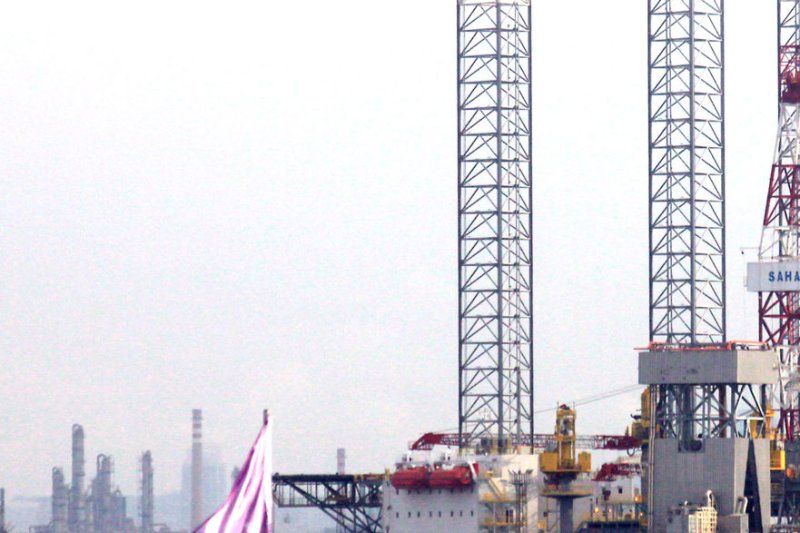April 19 (UPI) -- Melbana Energy, an Australian company with operations in Cuba and New Zealand, said it secured a $2.5 million loan to help finance its operations.
The company said it secured the loan through an Asian lender with a maturity date of January 10 and an annual interest rate of 15 percent.















